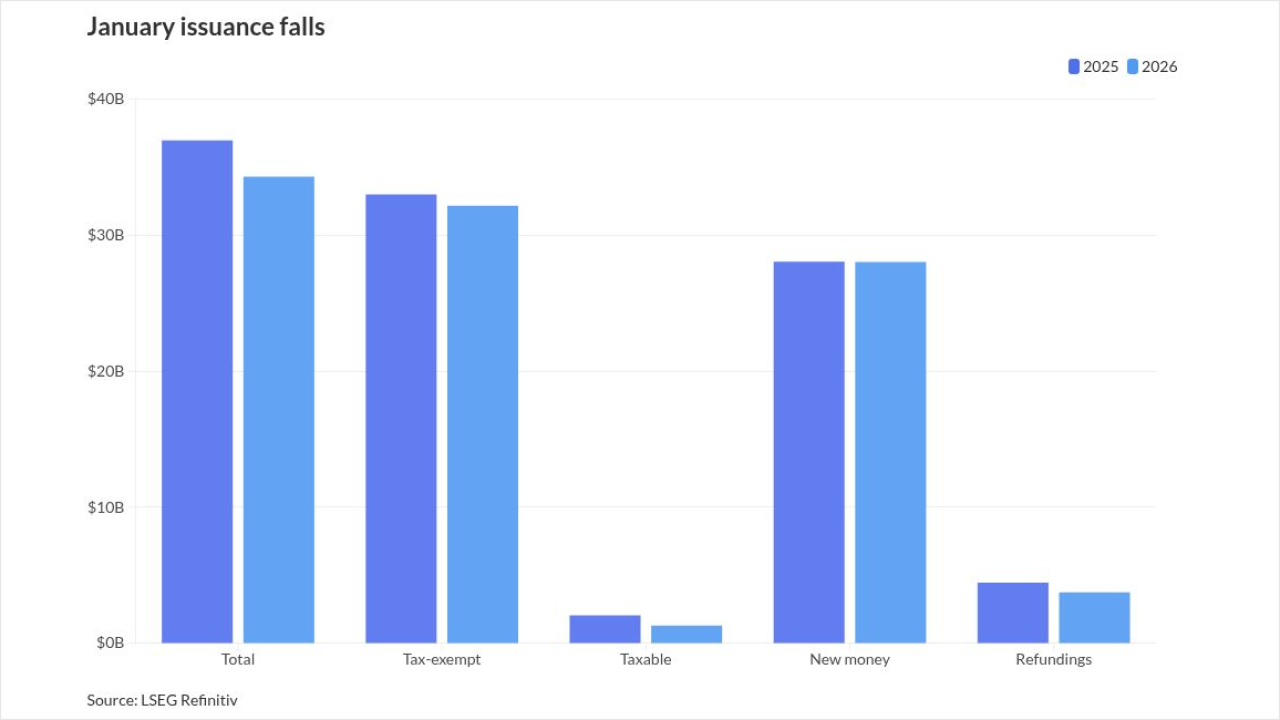Governments in need of cash to meet added coronavirus costs could raise more than $76 billion by leasing nine existing toll roads to private operators, according to a new study.
A paper released Tuesday by the right-leaning Reason Foundation examined nine states to see how much some of the largest toll road systems in the U.S. would benefit from shifting operation of their toll roads to private companies.

“We published this now while there is a great concern about the fiscal condition of state governments and how long that’s going to be a big problem,” said Robert Poole, director of transportation policy at Reason.
Public-private partnerships are now well-established arrangements in the U.S. The Chicago Skyway and the Indiana Toll Road are prominent examples of toll road P3s, and lease payments made on them were used to pay down debt and in Indiana for highway capital investments.
Poole especially studied Florida’s Turnpike, the Illinois Tollway, Kansas Turnpike, Massachusetts Turnpike, New Jersey Turnpike, New York Thruway, Ohio Turnpike, Oklahoma Turnpike and Pennsylvania Turnpike.
For example, if the Illinois Tollway decided to lease its system, the arrangement could generate $19.4 billion. Poole calculated that figure by getting the tollway’s most recent EBITDA (earnings before interest, taxes, depreciation and amortization) figure and looking at global transactions over the last 10 to 15 years of toll roads that were leased long-term. The Kansas Turnpike would generate over $1 billion.
If a state does decide to go the P3 route, federal tax law says existing tax-exempt bonds cannot be carried over.
“So we then got the outstanding debt as of last year, FY 2019, of each turnpike system, subtracted that from the gross proceeds and that gave the net proceeds, what the state would actually have to use for transportation infrastructure, pension fund bailouts or whatever they chose to do,” Poole said.
Those proceeds could help pay off debt, improve bond ratings, invest in more infrastructure and fund unfunded pension liabilities. For example, in Florida and Oklahoma, lease payments could cover half of the states’ unfunded pensions liabilities, Poole said.
“That’s pretty dramatic,” Poole said. “We were pleasantly surprised to see how large that was.”
Many state and municipal pension systems failed to recover from losses experienced in the 2008 recession, Poole wrote in his study, so they entered 2020 significantly underfunded and at risk of further deterioration because of COVID-19.
Before the pandemic, state and local governments had $1.43 trillion in unfunded liabilities for fiscal year 2018 in their public employee pension systems, Poole wrote.
Under a P3 agreement, there would be less diversion of revenues, since they would have to be used just to maintain that tollway, Poole said.
There are legislative challenges. Of the nine states Poole studied, none of them have legislation in place to shift assets over to a P3 arrangement and would have to change current laws to do so.
Illinois has constitutional amendments lock boxing transportation revenue for transportation.
Poole said he doesn’t expect any state to shift ownership in the next month, but hopes to get them thinking about how much value they have and what they could use it for. The process of changing legislation and procuring private operation could take states into early 2022.
Poole cautions that if proceeds from the lease of a toll road area are paid in a lump sum up front, which is often the case, it should be used to strengthen the state’s balance sheet, rather than short-term operating needs.
“If, on the other hand, the lease payments are made annually over the long term of the lease, they would constitute a kind of annuity that could be dedicated to an ongoing purpose such as transportation infrastructure,” Poole wrote.
Politicization is a real danger to toll roads, Poole said, citing Virginia legislation that transferred ownership of the Dulles Toll Road from the state department of transportation to the Metropolitan Washington Airports Authority and then enacted a series of toll rate increases to generate several billion dollars for a new metro line.
“While legislators may always be tempted to treat toll roads as cash cows, the provisions of the long-term concession agreement, together with legally enforceable covenants with the toll roads’ bondholders, may offer stronger protection against this kind of politicization,” Poole wrote.
Leasing toll roads is not sustainable, said Cherian George, global head of infrastructure and project finance at Fitch Ratings.
“One-off solutions such as this, particularly using toll-road assets to pay for other things, is generally not a good idea,” George said.
Toll road revenues decreased by up to 90% due to the economic shutdown enacted to combat the coronavirus pandemic.
After the pandemic, Poole said, some people who used to use transit will drive and though working from home will reduce cars on the road, toll roads are used for long-distance.
“I would not see a negative effect on these roads from telecommuting because these are longest distance trips and truck trips,” Poole said.





